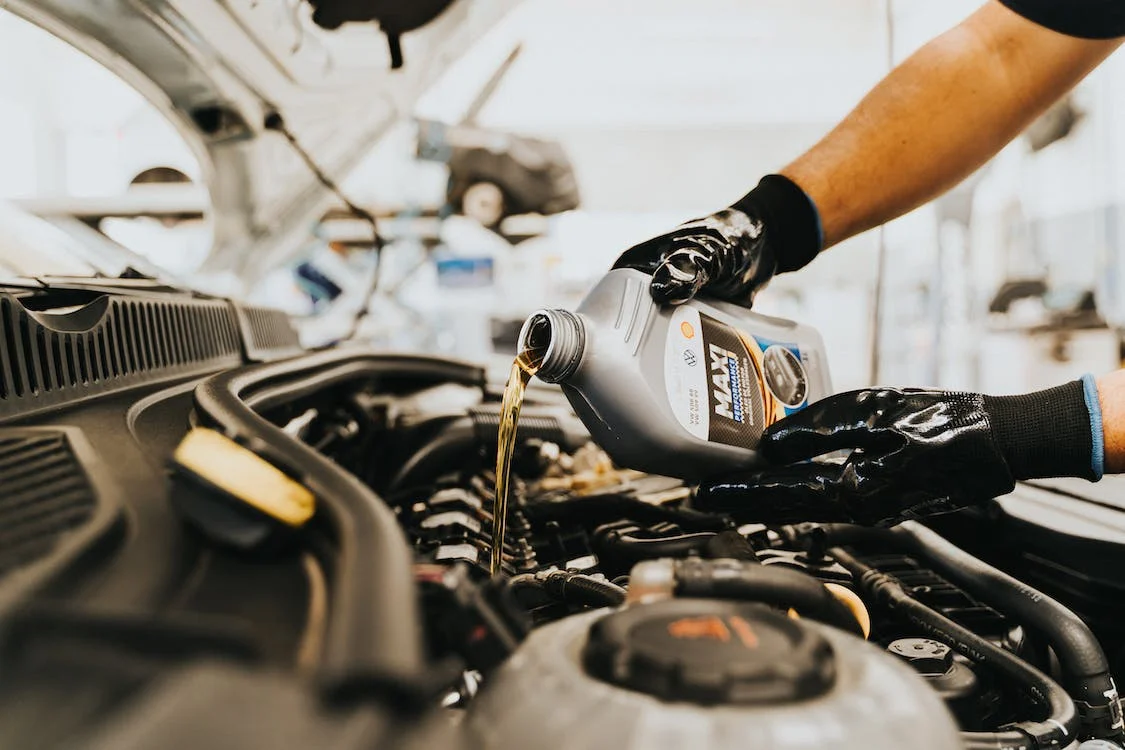You need to replace the car oil at regular intervals to keep it running efficiently.
In addition to filling up the petrol tank, drivers must frequently change the oil in their cars. Since most of us have been driving less over the previous two years, many of us may not have had an oil change in a while. Here are some factors to remember when it comes to changing your car’s engine oil.
Why Is It Important to Change Your Oil?
As a responsible user, you get the most out of your car. Your car will last longer if you meticulously follow your car service routine, including oil changes.
Having your car break down due to your negligence to change the oil is the last thing you want!
Keep your car running smoothly by having regular oil changes. In the end, cars are not cheap, and the cost of repairing or replacing a part due to a $50 oil change is a lot more than the cost of an oil change.
What Those Dashboard Warning Lights Indicate
It is essential to keep track of the miles you drive between oil changes. However, newer model cars simplify this with a light indicating when to visit the shop as an oil life monitoring system.
These systems keep track of your mileage and analyze your driving data to calculate the time for an oil change. We recommend replacing the oil quickly when the light blinks, although this is not always necessary.
Oil Monitoring System
Suppose your car has an oil life monitoring system. In that case, this light is different from the engine oil pressure light. It glows on your dashboard if the car’s oil is not flowing smoothly due to a low level, a malfunctioning oil pump, a system leak, or some other problem.
Understand the difference between the two dash lights, if the oil pressure light illuminates, you must immediately cease driving to prevent engine damage.
How often should you Change the Oil?
You may have heard the old saying that you should replace your car’s oil every 3,000 miles. While it is a useful benchmark, it is not a “law” to maintain.
For instance, the age of your car, the kind of oil used, and driving conditions all will determine how frequently you should replace the oil.
Many modern cars need an oil change every 5,000 to 7,500 miles, according to AAA. If you use synthetic motor oil, that number can go up to 15,000 due to the increased efficiency.
Oil Changes in Extreme Conditions
When it comes to “extreme operating conditions,” you may be shocked. If you are constantly in and out of traffic, do not drive fast enough on the highway to evaporate the water that collects in the crankcase. Also, do not leave your car parked for long to let it cool down. Your engine will never get hot to remove the sludge that accumulates there because of your poor driving habits.
It is also possible to drive in harsh circumstances, like when it is very hot or there is a lot of wind and dust. Older cars should have their oil changed every 1,000 to 3,000 miles in any of these scenarios. Follow the manufacturer’s instructions for excessive usage of brand-new cars.
Good Practices
Make it a practice to check your oil at least once a month to ensure it is not leaking or burning. Add oil if the level is low. Although the American Automobile Association(AAA) emphasizes that color is not the sole indication of oil life, good oil should have a clear brown-black hue.
If the oil appears dirty or dark, it may be time to replace it. Also, if the oil looks milky, your engine may be losing coolant. However, if your car is equipped with one of the oil monitoring devices, then you should not be worried about frequent oil checks.
An excellent place to start is through your car’s owner’s manual. If you think, “How frequently should you replace your oil?” The best place to start is through your owner’s manual. Also, it will inform you of the optimal kind of oil for your car.
Is it best to change your oil frequently?
Certain things improve with repetition. Getting your oil changed is not one of them.
While regular oil changes are necessary, they will not increase your car’s performance. While this may not be harmful to your car, it can be harmful if you do oil changes more regularly than advised in your car’s owner’s manual.
Your best choice is to consult your owner’s manual or monitor your car’s notifications to know better the time for an oil change.
Keep in mind that changing your oil is not only determined by the number of miles you travel. Even if you drive a low-mileage car, you will typically need new oil to get the most out of it and keep it safe and ready to go.
Use Long-life Oil
There are “long-life” oils available that can cover greater distances. Depending on the kind, long-life oil can last between 5,000 and 15,000 miles.
It is important to recognize that you may still need to replace your oil filter more regularly than you do your oil change. While some cars have oil filters that last as long as long-life oil change intervals, you should consult your owner’s manual to ensure your car is capable of handling it.
Conclusion
Maintaining your car regularly is essential if you want it to function at its optimum. You will need to change your car’s oil frequently. Keeping an eye on your oil filter and reading your car’s owner’s manual can go a long way toward ensuring the health of your car. Good Luck!

